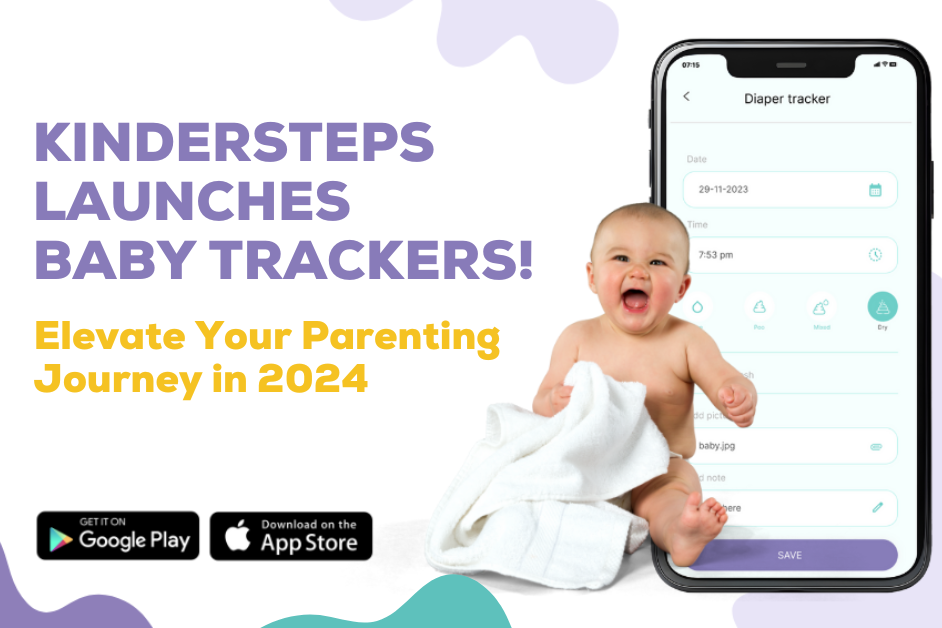Before your child actually begins to read, they'll develop a set of skills known as pre-reading skills. Pre-reading skills lay the foundation for reading success by helping children develop the cognitive, language, and social-emotional skills they need to become strong readers.
These pre-reading skills are signs of early literacy. Let's take a closer look at what pre-reading skills are by understanding their importance.
The importance of pre-reading skills in children
- Developing phonemic awareness
One of the most important pre-reading skills is phonemic awareness, or the ability to hear and manipulate the individual sounds within words. This skill is important because it forms the basis for phonics instruction, which teaches children how to decode words. Without strong phonemic awareness skills, children may struggle with phonics and reading fluently. Another key pre-reading skill is vocabulary development. Children who have a broad vocabulary are better equipped to understand what they read and make connections between new and existing knowledge. Additionally, having a rich vocabulary can help children express themselves more clearly and effectively.
Good readers are able to comprehend what they read, and pre-reading skills can help set the stage for strong comprehension skills. When children have a solid foundation in phonemic awareness and vocabulary, they are better able to understand the meaning behind the words they read.
- Encouraging a love of reading
Pre-reading skills can help children develop a love of reading. When children feel confident in their ability to read and understand what they're reading, they're more likely to enjoy the experience. And when children enjoy reading, they're more likely to continue reading throughout their lives, which can have a profound impact on their academic and personal success.
Now that you understand the importance of pre-reading skills, let’s look at five fun and easy ways you can build those skills and get your kids ready for this developmental milestone!
Phonological awareness is the ability to hear and manipulate the sounds in words, and it's a key pre-reading skill. You can help develop this skill by playing silly games with sounds. Try making up rhymes or tongue twisters, or play "I Spy" with sounds instead of objects. For example, "I spy with my little ear something that starts with the sound ‘buh’.
Reading aloud to your kids is a great way to expose them to language and build their vocabulary. It also helps them develop an understanding of how stories work and how print works. Make it fun by doing silly voices or acting out the story together. And don't stop reading aloud once your kids can read on their own – they'll still benefit from hearing you read more advanced books.
Letter recognition is another important pre-reading skill. You can help your kids learn their letters by playing games with alphabet magnets or blocks, or by making letter cards to play memory or matching games. You can also point out letters in the environment when you're out and about, like on signs or license plates.
There are lots of great apps and websites out there that can help build pre-reading skills. These programs are designed to be engaging and interactive, so your kids will have fun while they learn. Kindersteps is a free parenting app that provides a wealth of activities and games, designed to be fun and engaging, while also making it easy to track your child's progress over time. You can get personalized daily recommendations for daily activities that you can do with your child, which doubles up as an excellent time for bonding!
Believe it or not, play is actually a great way to build pre-reading skills. When kids play pretend, they're using their imaginations and developing storytelling skills. When they draw pictures or write letters to friends, they're practicing their fine motor skills and letter formation.
Building pre-reading skills doesn't have to be a chore – it can be fun and playful! By incorporating the tips mentioned above you'll be well on your way to helping your kids become confident, articulate and successful readers and learners.






.jpg?alt=media&token=166b64a9-274c-400c-95e4-baf0013e7e43)
